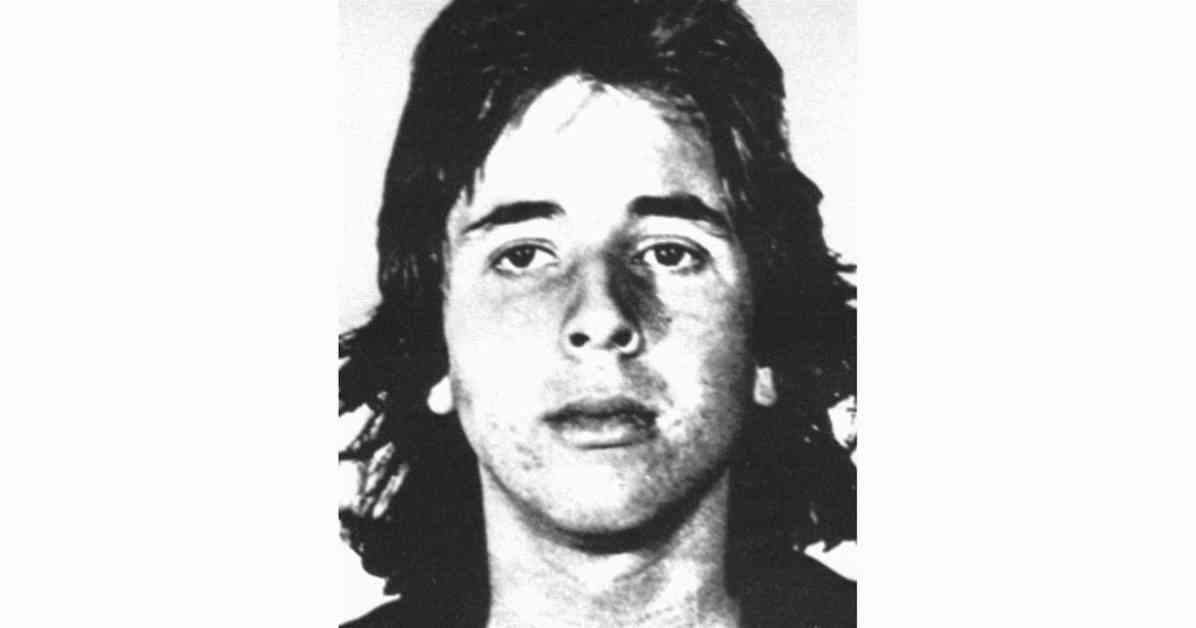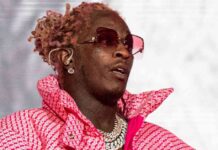Colombia Cartel Drug Lord Released After 25 Years: Not Retiring Poor
Colombia’s notorious drug lord and Medellin cocaine cartel key figure, Fabio Ochoa Vásquez, has been released from a U.S. prison after serving 25 years of a 30-year sentence. The 67-year-old is set to be deported back to his home country, marking the end of a long chapter in his criminal legacy.
Ochoa, along with his older brothers, rose to infamy during the peak of the cocaine trade in the late 1970s and early 1980s when they amassed a substantial fortune. Their wealth was so substantial that they made it onto Forbes Magazine’s list of billionaires in 1987. Operating out of Miami, Ochoa managed a distribution hub for the notorious cocaine cartel once led by Pablo Escobar himself.
Despite fading from the public eye as the epicenter of the drug trade transitioned from Colombia to Mexico, Ochoa made a resurgence in popular culture through the hit Netflix series “Narcos.” The show portrayed him as the youngest scion of a wealthy Medellin family with a passion for ranching and horse breeding, a stark contrast to Escobar’s humble beginnings.
Ochoa, also known by the aliases “Julio” and “Pepe” according to the U.S. Justice Department, was first indicted in the U.S. for his alleged involvement in the 1986 murder of Drug Enforcement Administration informant Barry Seal, who was immortalized in the 2017 film “American Made” starring Tom Cruise.
### The Rise and Fall of a Drug Lord
Ochoa’s legal troubles began in 1990 when he was apprehended in Colombia under a government initiative that promised immunity from extradition to the U.S. for drug kingpins. Despite this, he was arrested again in 2001 and brought to the U.S. following a Miami indictment that named him and over 40 others in a drug smuggling ring. Opting for a trial, Ochoa was the sole defendant who faced the jury, resulting in his conviction and subsequent 30-year sentence.
During the trial, stringent security measures were put in place to protect the jurors’ anonymity, highlighting the gravity of Ochoa’s case. Despite his conviction, most of his cohorts received lighter sentences by cooperating with the authorities, a decision that ultimately shaped Ochoa’s fate.
### A Controversial Legacy
Richard Gregorie, a retired assistant U.S. attorney involved in Ochoa’s prosecution, expressed uncertainty about the fate awaiting the former drug lord upon his return to Colombia. Despite the inability to recover all of the Ochoa family’s illicit drug profits, Gregorie speculated that Ochoa would not face financial hardship upon his release.
In contrast, Richard Klugh, Ochoa’s legal representative based in Miami, refrained from commenting on his client’s future. Throughout the legal proceedings, Klugh argued unsuccessfully for Ochoa’s early release, citing disproportionate sentencing based on the volume of cocaine directly linked to his client.
### The Ongoing Battle Against Drugs
As Colombia retains its position as the world’s leading cocaine producer and exporter, recent reports indicate that the country reached record levels of cocaine production and coca leaf cultivation. A significant international effort led to the seizure of over 225 metric tons of cocaine in a large-scale operation, underscoring the ongoing challenges posed by drug trafficking.
With Ochoa’s release marking a new chapter in Colombia’s tumultuous history with drug cartels, the nation faces continued struggles in combating the drug trade. As the world watches, the legacy of figures like Ochoa serves as a stark reminder of the far-reaching impact of organized crime on both individuals and nations.























